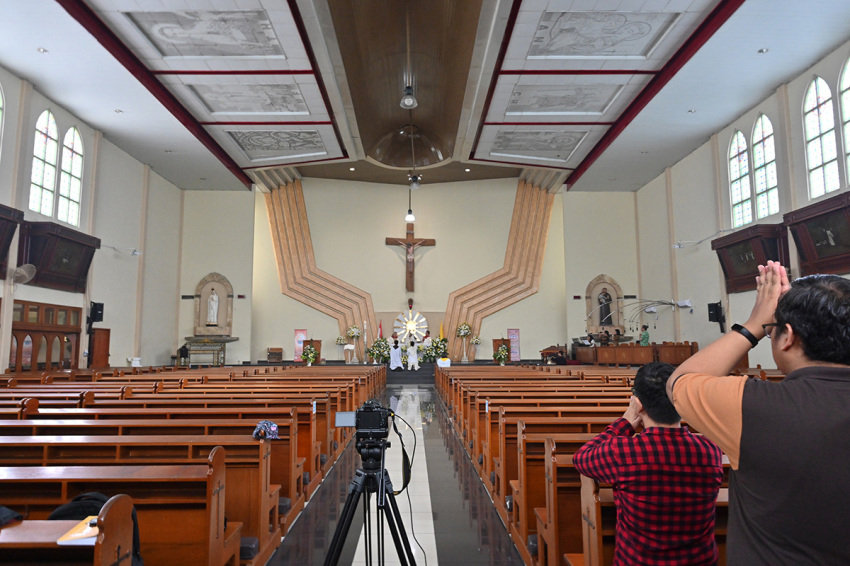Indonesia: Terrorists behind murder of 4 Christians, attack on Salvation Army post identified

Muslim extremists with the terrorist group Eastern Indonesia Mujahideen (MIT) are believed to be responsible for the gruesome attack on The Salvation Army’s service post in central Sulawesi that left four Christians dead.
According to International Christian Concern, on Nov. 27, Poso-based MIT militants Ali Kalora and Jaka Ramada, who pledge allegiance to the Islamic State, set fire to a church and burned down the homes of six churchgoers after they attacked the Lewonu Lembantongoa Service Post of The Salvation Army, slitting the throats of three Christians and beheading another.
The leader of the outlawed Islamic group, Ali Kalora, was also seen at the scene of the crime. According to Yoga Priyautama, the chief of police in Sigi, a joint team has spread out and conducted searches in a number of areas that are suspected to be the killers’ escape routes.
Following the attack, ICC followed up with local Christians to receive more information about the case.
Survivors said that on the day of the murders, a Christian woman, Nei, was having breakfast with her husband, Yasa, when she saw approximately 10 unknown people visiting someone named Naka, who was at a nearby house in Tokelemo, Lembantongoa Village.
Shortly thereafter, the terrorists entered Nei and Yasa’s home. They tied Yasa to a chair and then decapitated him with a machete and stabbed him in the back. His wife managed to escape after witnessing the killing, according to South China Morning Post. Some witnesses fled after seeing one of the MIT members near Yasa’s house.
Naka and his son, Pedi, along with their house, were set on fire, while a fellow church member named Pinu was stabbed to death. In a previous report, ICC said they saw a video showing a charred victim being pulled from a pile of ruins, with smoke still rising in the background.
“The fowler position of the body suggests the agony and pain endured by the victim before death.”
Yasa’s son, Ulin, survived the attack and reported it to the police. The head of Lembantongoa village, Deki Basalulu, told Benar News that approximately 750 people fled their homes after the attack and took shelter at a safe location a few miles away.
The Salvation Army International confirmed the attack on Saturday, saying that its building along with six homes of members were burned.
Local Christians told ICC that MIT militants frequently interacted with the community, often asking for food from the church and the church fed them. The terrorists reportedly suspected that the community had informed police of their presence and therefore retaliated.
However, Indonesian authorities have claimed that the attack was not religiously motivated and “merely an effort by the MIT to fulfill their goals and show their existence.”
“This killing was not targeted at Christians,” Brigadier-General Farid Makhruf, commander of a military force that covered Central Sulawesi, claimed. “The victims were very unfortunate. The militants were likely to be looking for food and stumbled upon the villagers, and because it is very remote, it made them easy targets.”
In a statement, Gina Goh, ICC’s regional manager for Southeast Asia, said that while ICC “appreciates the authorities for their swift actions to hunt down the perpetrators through the joint operation,” it is “disappointing to hear the official rhetoric that this attack was not motivated by religion and no church was burned down.”
“Minority Christians in Indonesia have long suffered from discrimination and persecution and the Indonesian government should not cover the truth in the name of maintaining religious harmony,” she said.
Over 80% of the population in Papua identifies as Christian, contrasting the predominantly Muslim Indonesia. Open Doors USA ranks Indonesia among the 50 countries where it is most difficult to be a Christian.



























